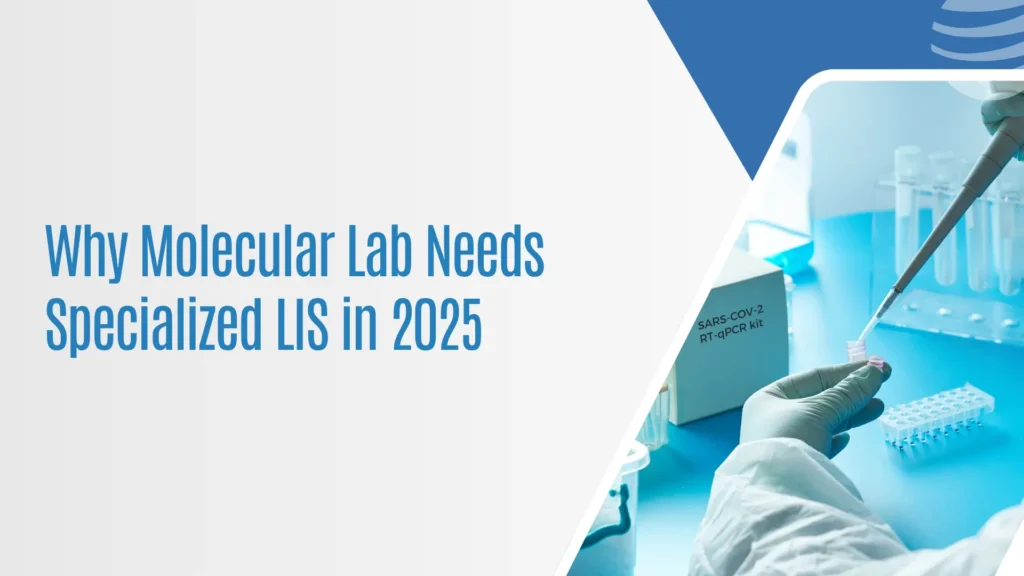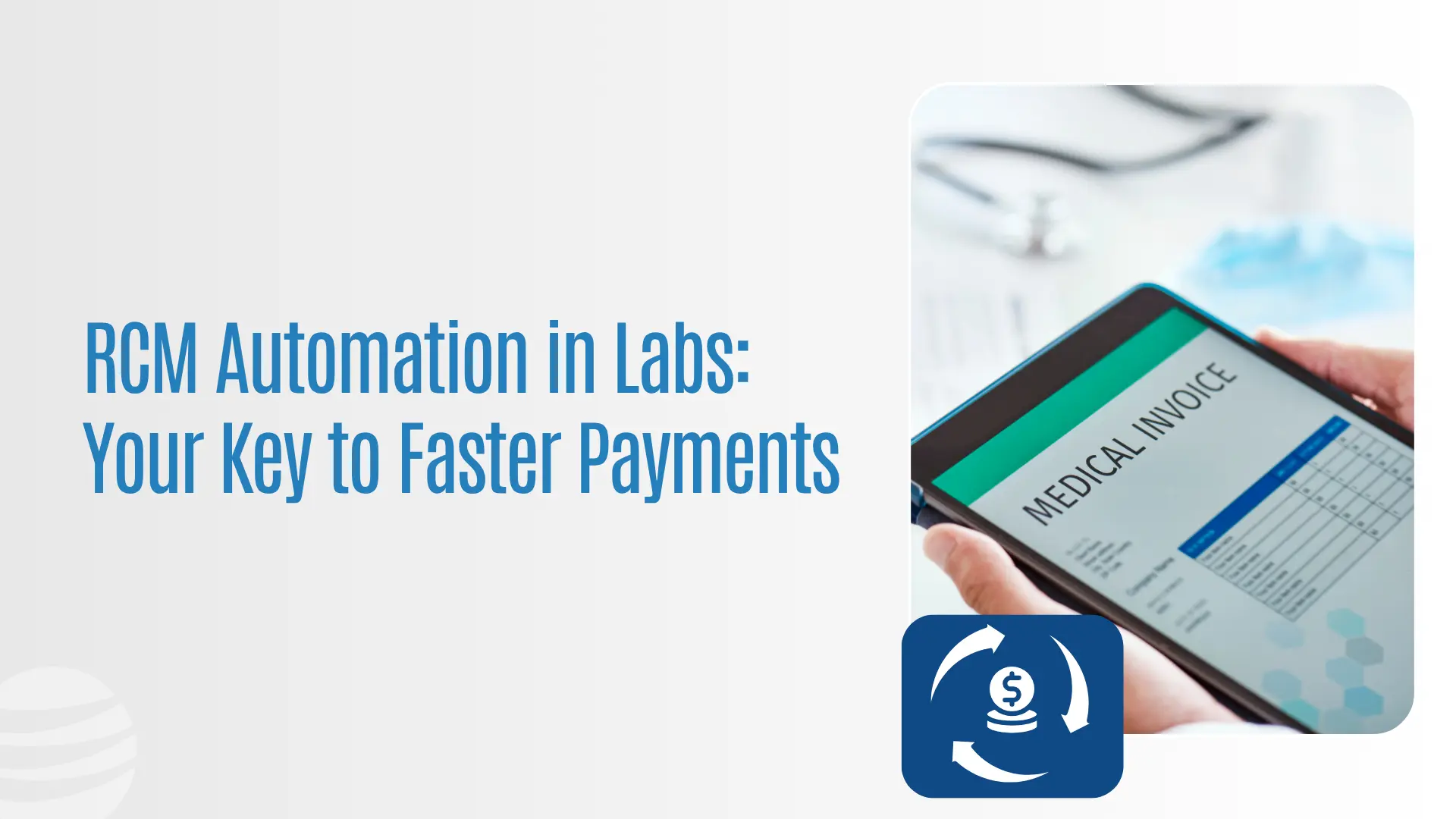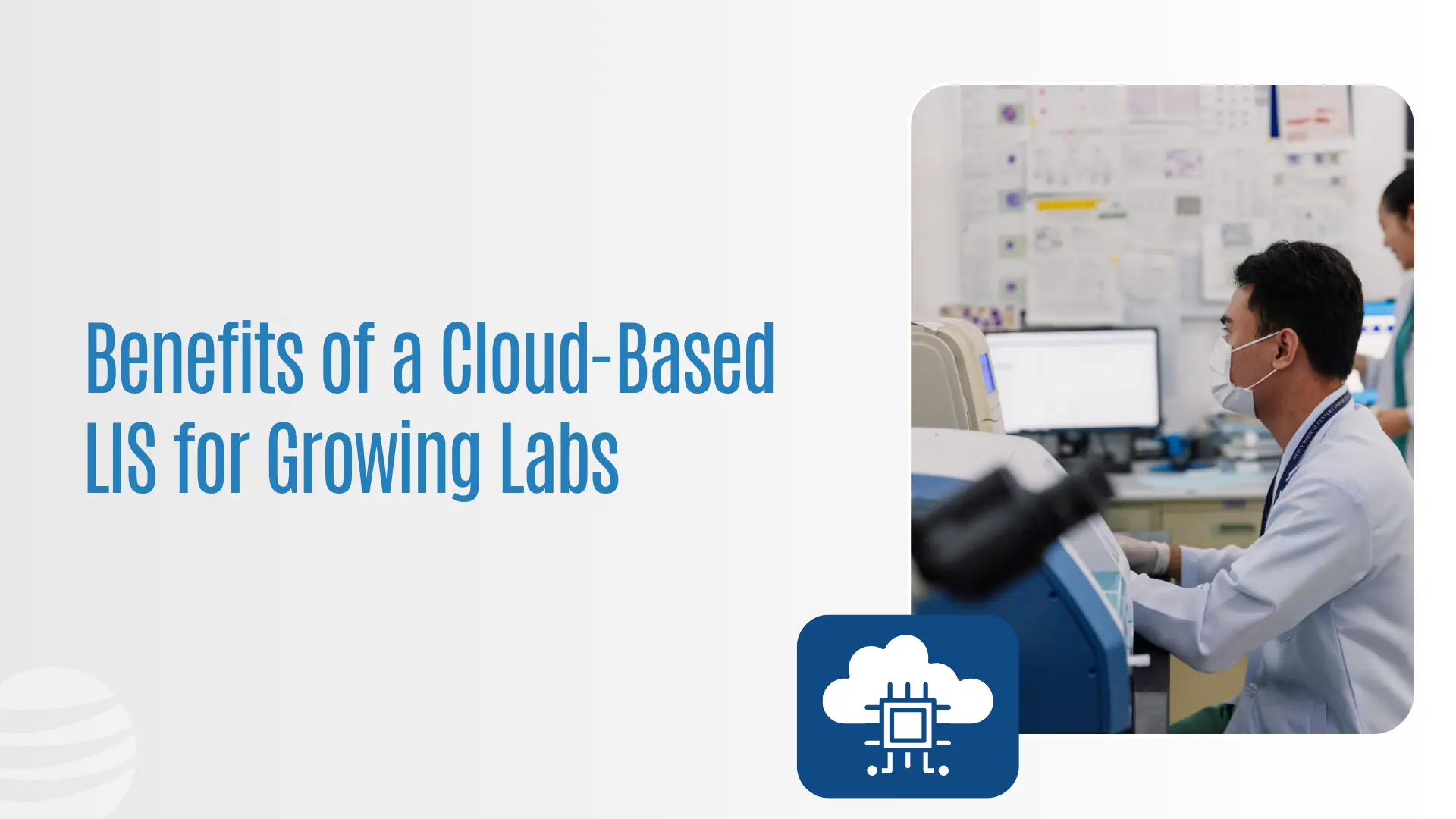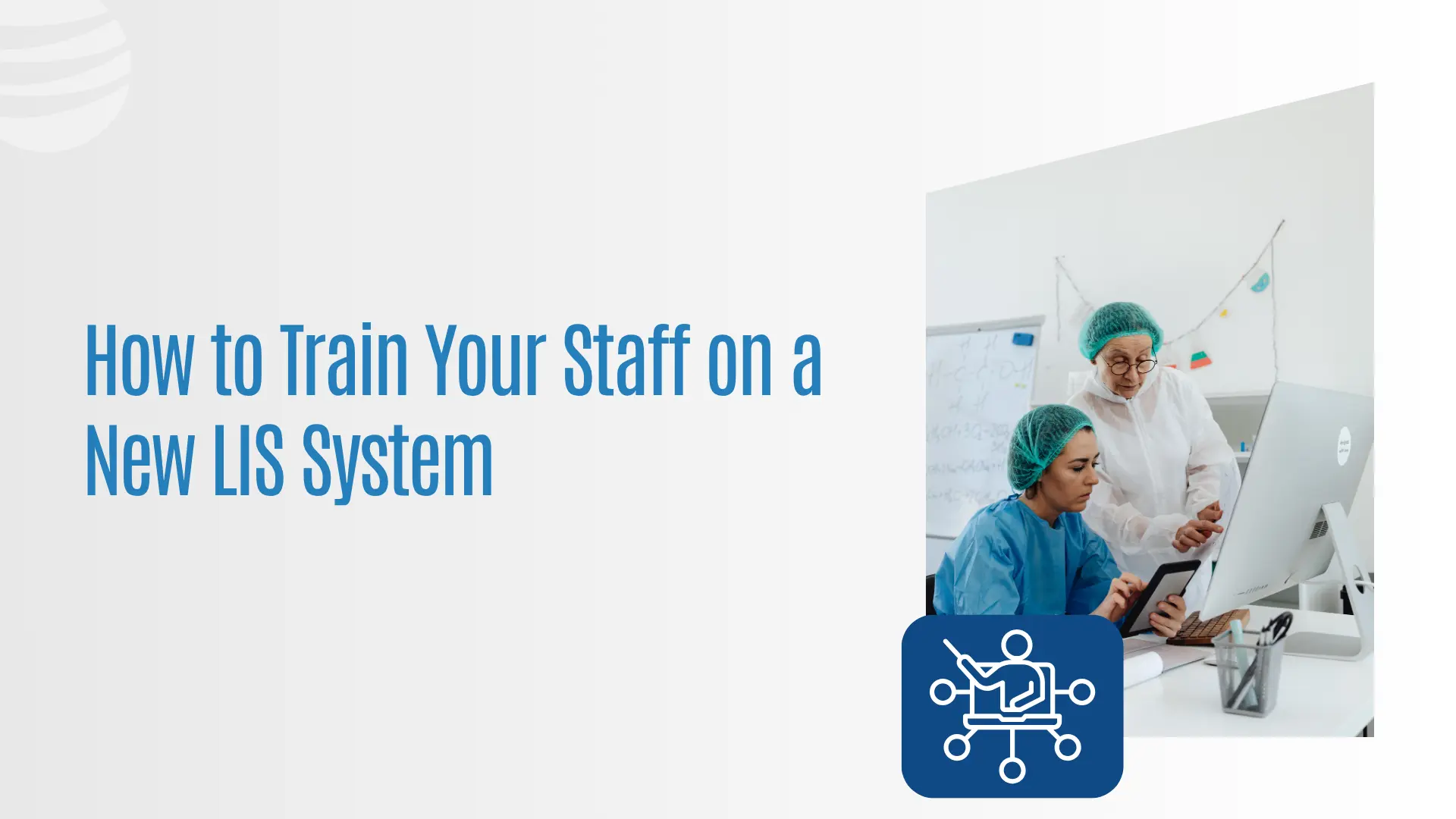Why Your Molecular Lab Needs a Specialized LIS in 2025
The Evolving Role of LIS in Molecular Diagnostics
The landscape of molecular diagnostics has shifted dramatically over the past decade, with 2025 marking a pivotal moment. Advancements in PCR, qPCR, next-generation sequencing (NGS), and other molecular methods have pushed the boundaries of speed, accuracy, and throughput in testing. At the same time, the data produced in molecular labs has grown exponentially in both complexity and regulatory sensitivity.
A Laboratory Information System (LIS) is no longer just a tool for order entry and result reporting. For molecular labs, it must be the backbone of operations managing everything from complex multi-step workflows to bioinformatics pipelines while ensuring compliance with evolving standards.
The reality is clear: a generic LIS cannot keep up with the specialized demands of modern molecular labs. To operate efficiently, meet compliance requirements, and deliver accurate results faster, molecular labs need a specialized LIS designed for their unique workflows.
Unique Workflow Demands of Molecular Labs
Complex, Multi-Step Testing Protocols
Molecular testing is inherently more complex than many routine lab tests. Processes often involve:
-
- Pre-analytical sample preparation, extraction, and quantification
- Multiple amplification steps, sometimes with varying reaction conditions
- Sequencing runs that may last hours to days
- Post-analytical bioinformatics analysis before result validation
A specialized LIS is designed to mirror these intricate workflows. It can break down multi-step protocols into distinct stages, track each stage’s completion, and ensure that no sample moves forward without passing the required QC checkpoints.
Sample Tracking and Chain of Custody
Molecular labs frequently work with specimens that require precise chain-of-custody documentation, especially in clinical trials, forensic, or infectious disease contexts. Losing track of a sample’s stage in the process can result in costly rework or compromised validity.
A specialized LIS supports:
-
- Barcode-based tracking from accessioning to final storage
- Time-stamped custody logs for every handoff
- Alerts for delays or deviations from expected timelines
- Integration with automated storage systems for sample retrieval
Integration with Advanced Analyzers and Sequencers
Modern molecular labs often use a mix of instruments, such as:
-
- Real-time PCR platforms
- High-throughput NGS sequencers
- Digital PCR systems
- Automated liquid handlers
A specialized LIS can interface with each of these instruments, pulling in raw or processed data and mapping it directly to the correct patient or study record. This eliminates manual transcription, reduces error risk, and accelerates result turnaround.
Reporting with Genomic Data Elements
Unlike routine chemistry or hematology, molecular results often contain highly detailed data, including:
-
- Mutation types and positions
- Copy number variations
- Allele frequencies
- Gene expression profiles
A specialized LIS can generate customized genomic reports with structured fields that allow downstream analysis. These reports can also integrate interpretive comments, references to databases, and links to treatment guidelines.
Compliance Pressures Facing Molecular Labs in 2025
CLIA, CAP, HIPAA Updates
Regulatory bodies have tightened oversight on data integrity and security in molecular diagnostics. In 2025, new guidance emphasizes:
-
- Validated bioinformatics pipelines
- Version control for analysis algorithms
- Secure handling of genetic data under HIPAA and state-specific laws
A specialized LIS provides built-in compliance features that help labs meet these requirements without adding manual workload.
Data Retention and Traceability
Some molecular tests, especially in oncology or rare disease diagnostics, require results and raw data to be retained for years sometimes indefinitely. A specialized LIS includes robust archiving capabilities and metadata tracking to ensure complete traceability.
Security for Sensitive Genetic Data
Genetic data is among the most sensitive information a lab can handle. Breaches can have both legal and ethical consequences. A specialized LIS employs:
-
- Role-based access controls
- End-to-end encryption
- Audit logs for every system interaction
- Secure integration methods for EMRs and external partners
Why a Generic LIS Falls Short
Generic LIS systems are built for broad applicability, but that breadth comes at the expense of depth. In a molecular lab, a generic LIS may:
- Struggle to represent multi-step workflows without complex workarounds
- Lack support for genomic data fields in reports
- Require custom development for instrument integration
- Fail to enforce chain-of-custody rules across multiple workflow stages
- Offer limited compliance documentation for bioinformatics processes
In practice, this means more spreadsheets, more manual tracking, and more room for error exactly what a LIS should eliminate.
Key Features of a Specialized Molecular Lab LIS
Configurable Workflows for PCR, NGS, and qPCR
Each molecular method has its own unique steps, reagents, and QC requirements. A specialized LIS allows you to:
-
- Configure workflows by test type
- Apply different QC rules to each step
- Link test workflows to specific instruments or pipelines
- Automatically trigger downstream processes upon QC pass
Advanced Result Validation Rules
In molecular diagnostics, result validation is about more than matching values to a reference range. It may involve:
-
- Checking coverage depth in sequencing runs
- Confirming allele frequency thresholds
- Validating control sample results before releasing patient results
A specialized LIS can automate these checks and flag exceptions for review.
Integration with Bioinformatics Pipelines
For NGS and other data-heavy assays, the LIS should integrate seamlessly with bioinformatics tools. This ensures:
-
- Automatic import of processed results from pipeline output
- Version control for bioinformatics algorithms
- Clear linkage between raw data, analysis, and reported results
Flexible Reporting Formats for Providers and Patients
Molecular reports must communicate complex findings in a clear way. A specialized LIS supports:
-
- Different formats for clinicians, patients, and researchers
- Structured genomic variant tables
- Interpretive comment sections with database references
- Automated translation of technical terms for patient-facing reports
How Prolis Meets the Needs of Molecular Diagnostics Labs
Prolis offers a molecular lab module designed to handle the unique demands of PCR, qPCR, NGS, and other molecular workflows. Key advantages include:
- Full workflow configurability for each assay type
- Integrated chain-of-custody tracking across all workflow stages
- Standards-based instrument interfaces for major molecular platforms
- Genomic report templates with customizable layouts
- HIPAA-compliant security with granular access control
- Version-controlled bioinformatics integration
With Prolis, molecular labs can scale testing capacity, meet compliance requirements, and deliver complex results faster all without resorting to inefficient workarounds.
The Future of Molecular Lab Efficiency
In 2025, the difference between a lab that thrives and one that struggles often comes down to its technology infrastructure. A specialized LIS is no longer a luxury for molecular labs it is a necessity.
By aligning your LIS with the specific needs of molecular diagnostics, you can:
- Reduce errors and rework
- Shorten turnaround times
- Improve compliance readiness
- Increase provider and patient satisfaction
- Position your lab for future growth
The question is not whether you can afford a specialized LIS it’s whether you can afford to operate without one.
Ready to see how Prolis can transform your molecular lab workflows? 👉 Book a demo today →






